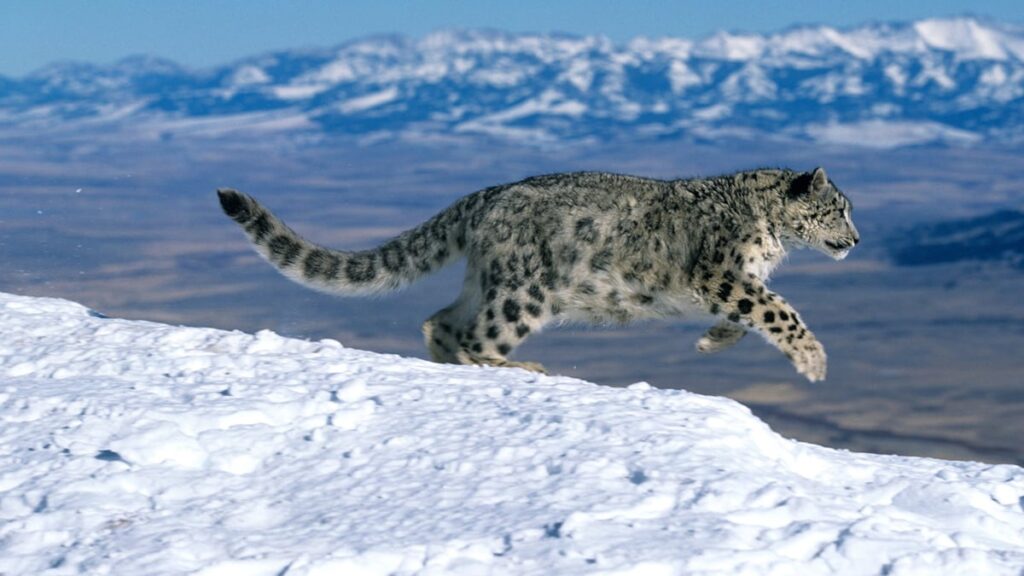What Is CITES And Why Does It Matter For SA?
Mar 2, 2023 | Pratirodh Bureau
The snow leopard, an iconic species of the Himalayas, is listed on CITES Appendix I, banning international commercial trade in the species or its body parts (Image: Alamy)
What Is CITES?
CITES (or the Convention on International Trade in Endangered Species of Wild Fauna and Flora in full) is an agreement that regulates the movement across international borders of certain species of wild animal and plant. It is thanks to CITES that international commercial trade in many high-profile wildlife products – such as big cat skins, elephant ivory and rhino horn – is banned.
Almost every country in the world has signed up to CITES, plus the European Union. Signatory countries are known as parties – CITES currently has 184 parties.
How Old Is It?
CITES turns 50 in 2023. World Wildlife Day, celebrated on 3 March 2023, marks the 50th anniversary of the convention text being agreed upon in Washington DC, on 3 March 1973.
CITES came into effect in July 1975, at which point it had 10 signatory parties, though its list of parties grew rapidly.
What Are The CITES Appendices?
CITES works by listing species of wild plant and animal on one of three appendices.
Appendix I is meant for those species which are threatened with extinction, and where trade is a current or potential threat to their continued existence. Any international movement of these species – or products made from them – requires permits from both the exporting and importing country. International trade for commercial purposes is generally not allowed. There are currently 1,082 species of plant and animal on Appendix I.
Appendix II is intended for species which may not be currently threatened with extinction, but could become so if trade is not regulated. In practice, Appendix II includes many highly endangered species. By far the biggest CITES Appendix, it includes 37,420 species, the majority of which are plants. International commercial trade in these species is allowed under CITES, but requires a permit from the exporting country, after determining that the export will not harm the survival of the species, and that the specimen has been obtained legally.
Appendix III is used when a specific country wants to regulate trade in a given species. Whereas additions to Appendix I and II require the agreement of two-thirds of the CoP, a country can add species to Appendix III unilaterally. Export permits are then required for that species to be exported from the country.
The vast majority of wild animals and plant species – including many which are threatened – are not listed on any of the CITES appendices.
What Species In South Asia Are Protected By CITES?
Thousands of plant and animal species native to South Asia are listed on CITES appendices, meaning that international commercial trade is either banned, or is only allowed with permits.
Some notable examples of species on CITES Appendix I native to South Asia include the tiger, snow leopard, sloth bear, one-horned rhinoceros, Asian elephant, red panda, pangolin, Ganges and Indus river dolphins, western tragopan, black-necked crane, great Indian bustard and gharial.
South Asian species on CITES Appendix II include the argali, hill myna and tokay gecko, as well as all monkeys, parrots, owls and pythons that aren’t on Appendix I. Plants on Appendix II include all orchids, rosewoods of the genus Dalbergia and the West Himalayan yew tree.
Animal populations listed on CITES Appendix III include the Nepal and Pakistan populations of blackbuck, Pakistan’s Siberian ibex and chinkara, wild water buffalo in Nepal, golden jackal in India, striped hyaenas in Pakistan, Himalayan marmot in India, peafowl in Pakistan, and Russell’s viper in India.
The full list of species regulated under CITES can be found on the convention’s website.
What Are The CITES CoPs For?
At the Conference of the Parties to CITES – or CITES CoP – member states convene to decide on changes to the appendices, and to review how the convention is being implemented. CITES CoPs are held approximately every three years. The most recent iteration – CITES CoP19, held in Panama City in November 2022 – resulted in new protections for a host of species native to South Asia, including songbirds, turtles and sharks.
Decisions and resolutions are adopted and amended at the CITES CoP, which guide the parties and the CITES Secretariat in implementing the convention on a day-to-day basis. Decisions may include the commission of studies and reviews into the trade and conservation status of various wildlife species.
What Happens If A Country Doesn’t Follow CITES Rules?
The convention text requires parties to “take appropriate measures” to enforce the convention and to “prohibit trade in specimens in violation thereof”. These measures include having domestic laws to implement the convention, seizing illegally traded wildlife and punishing illegal trade, or trafficking, of CITES-listed wildlife.
If a country is found to be consistently failing to abide by CITES rules, a recommendation may be issued to other parties to suspend trade with that country in some or all CITES-listed species – in effect a trade sanction.
(Published under Creative Commons from The Third Pole. Read the original article here)
